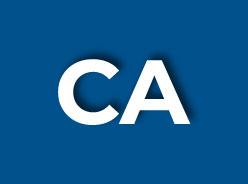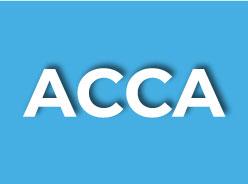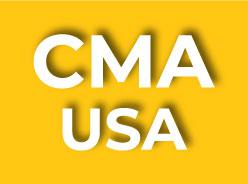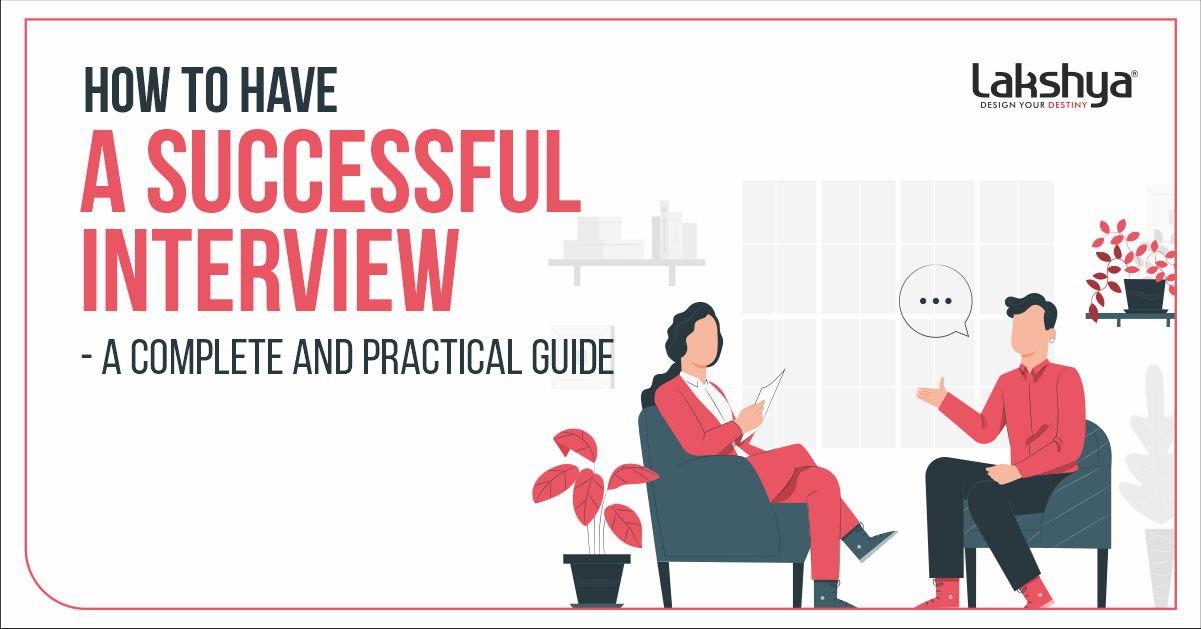Interviewing is usually a very important part of the process of finding a job. Employers try to decide if the person is qualified and seems to be someone who is suitable for the organization.
Job seekers evaluate the people they meet, the questions they are asked, as well as the locations, the commutes, and whether or not the jobs seem like good jobs for them.
A job interview is always something that gives people jitters. The only thing you can do is to prepare well for your interview so that you can land your dream job. Employers are not looking for just academic merit, they look for something extra in the candidate. We will be discussing a few tips that will help you to do amazing.
- Research about the company - The very first thing you must do is have a clear idea of whom you are going to work. Get an idea of the work culture, who are their competitors, what are the competitive advantages of the company.
- Clarify your ‘selling points’ and the reasons why you want the job - When you go to an interview be ready to sell yourself. Know what are the 3 reasons why they should hire you. Also, be sure to give an answer to why you want this job. What excites you about this position, and how can you add value to the company.
- Line up your questions for the interviewer - While you have to be prepared with commonly asked questions for the interview, get prepared to ask good questions to the interviewer. When it is time to answer the question of ‘Do you have any questions’ if you say ‘ No’ then that shows that, that is all the interest you have. Instead, ask some questions for example “What do you think is the best thing working here?”, “What kind of person would you want to fill this position” or “Is there anything on the resume that concerns you?”.
- Land the job within the first 5 minutes - Most employers know if they want to hire the applicant within the first 5 min. So make sure you make the best impression, be enthusiastic about the position. Thank the interviewer for their time (Know that they must also be tired from interviewing so many applicants)
- Make sure you and the interviewer are a “team” - Most times the interviewers and applicant seem to be on opposite sides. Ensure that both of you know that you are the right fit for the job, because the worst thing that can happen is being stuck at the wrong job then no one will be happy.
- Close the interview on a happy note - The ending of an interview is as important as its beginning. Show your enthusiasm without seeming desperate, talk about how exciting the job seems to you. So when it comes down to a choice between another candidate and you, the fact that you will accept the offer would urge them to close the deal with you.
- Make the most out of the “Tell me about yourself” - Instead of stating the same thing in the resume try and bring attention to something you and the interviewer could discuss about. Instead of giving a story of where you were raised and how to focus on what your strengths are. For eg: When I was working for my previous employer we did XYZ. This would give a good segway to speak about your strengths and how those benefited your employer.
- Bonus Round
Let’s look at a few of the commonly asked questions for various scenarios and how you could answer them.
- Why should we hire you - As mentioned in the above point, get some ready to showcase why you are apt for the job. For eg: I am an achiever, when I set goals I ensure that I complete them within a stipulated time.
- Why did you leave the last job - This will ensure that there are no false expectations. You could respond by stating that you wanted to enhance your skills set and that you want to get better opportunities.
- Why have you been unemployed for such a long time - State whether you quit your last job, or they laid you off or if you didn’t work for a set period of time. If it was personal issues such as taking care of a family member etc or if your company went through a merger and you had to be laid off etc.
- What is your greatest weakness - The absolute worst answer is stating that you are a perfectionist or that you work too hard. Try and state a hard skill as a weakness so that it shows you still have an opportunity to learn it vs a soft skill which is harder to master. For eg: You not knowing a particular software is a skill you can develop vs you being impatient. Ensure that the hard skill is also not a prerequisite for the job for example if you have an admin job then stating you don’t know excel would be a deal-breaker.

 ABOUT LAKSHYA
ABOUT LAKSHYA  WHY CHOOSE LAKSHYA
WHY CHOOSE LAKSHYA  MISSION AND VISION
MISSION AND VISION  CHARTERED ACCOUNTANCY (CA)
CHARTERED ACCOUNTANCY (CA)  ACCA
ACCA  CMA-USA
CMA-USA  RESULTS
RESULTS 


